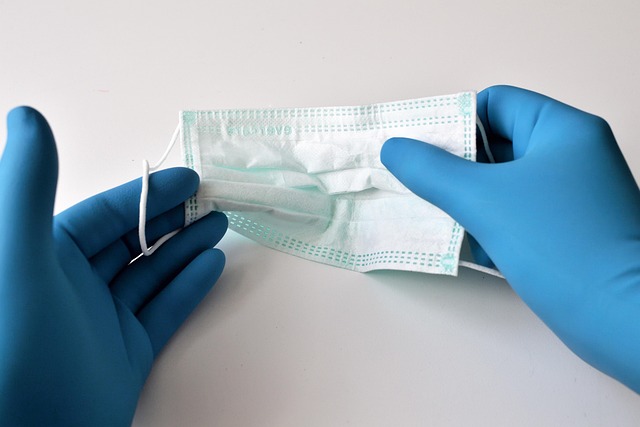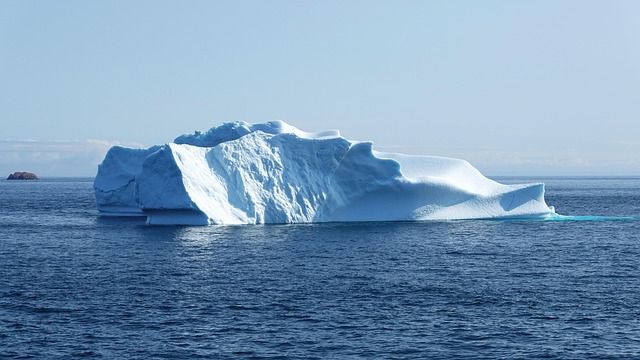The zika virus has become a source of global concern, not just for its health implications but also for its intersection with our changing environment. As we face the pressing issues of climate change, the spread of diseases like the zika virus offers a poignant reminder of the intricate relationship between our health and the planet’s health.
Over the past few decades, rising temperatures have altered habitats, creating conditions ripe for the transmission of various pathogens. The zika virus, which is primarily spread through the bite of an infected Aedes mosquito, has found new breeding grounds in regions previously unsuitable for these insects. As the climate warms, mosquitoes are moving into temperate zones where the conditions for their survival and reproduction are becoming increasingly favorable. This brings an alarming reality closer to home for many communities worldwide.
Moreover, as the climate continues to change, extreme weather events—such as heavy rainfall and flooding—create perfect conditions for mosquito breeding. Stagnant water from these events can accumulate in urban areas, leading to outbreaks of the zika virus in places that have not historically faced such challenges. Communities are left grappling with unexpected health threats as they navigate a world increasingly impacted by climate dynamics.
In addition to rising temperatures and increased precipitation, changes in land use and urbanization contribute to the spread of the zika virus. Deforestation and the expansion of agriculture disrupt natural ecosystems, pushing mosquito populations into human-inhabited regions. The melting of ice caps and glaciers is also releasing pathogens previously trapped in ice, further challenging our health systems.
As individuals, we must recognize our role in this delicate balance. Embracing sustainable practices can mitigate the effects of climate change and reduce the vectors responsible for transmitting diseases like the zika virus. From reducing our carbon footprint to participating in local clean-up efforts, each action contributes to safeguarding our environment against the relentless march of climate change.
Policymakers, too, need to prioritize public health in the face of climate change. Integrating health strategies into climate action plans can help communities better prepare for and respond to the spread of vector-borne diseases. Investing in research on the zika virus allows us to understand patterns of transmission and develop effective prevention measures.
As we stand at this critical junction in history, where melting ice caps highlight the urgency of our climate crisis, it is essential to acknowledge the broader implications for our health. The interconnectedness of climate change and disease transmission shows us that addressing one aspect means considering the others—all intertwined in the web of life that sustains us. We must take collective action to protect not just our environment but also our health from the looming threats posed by the zika virus and other climate-sensitive diseases.




